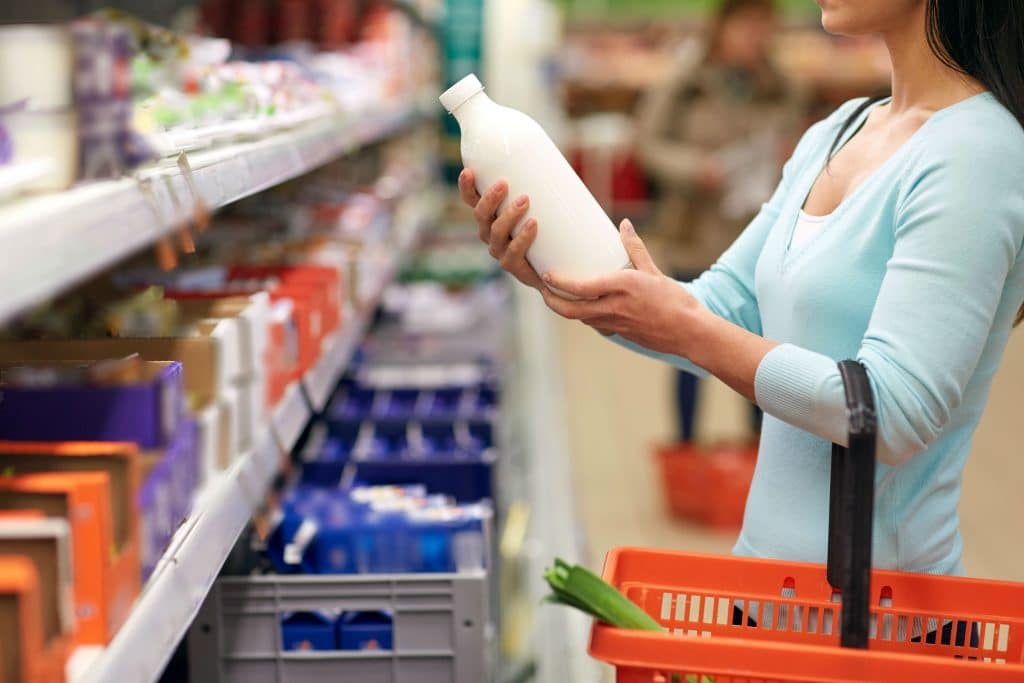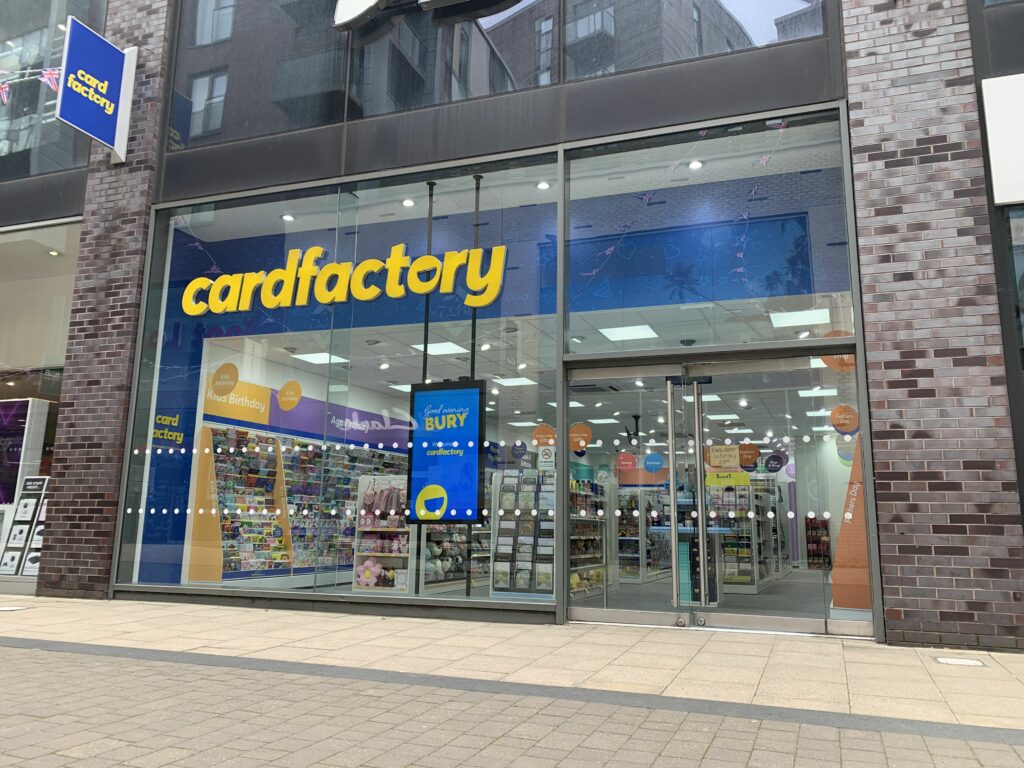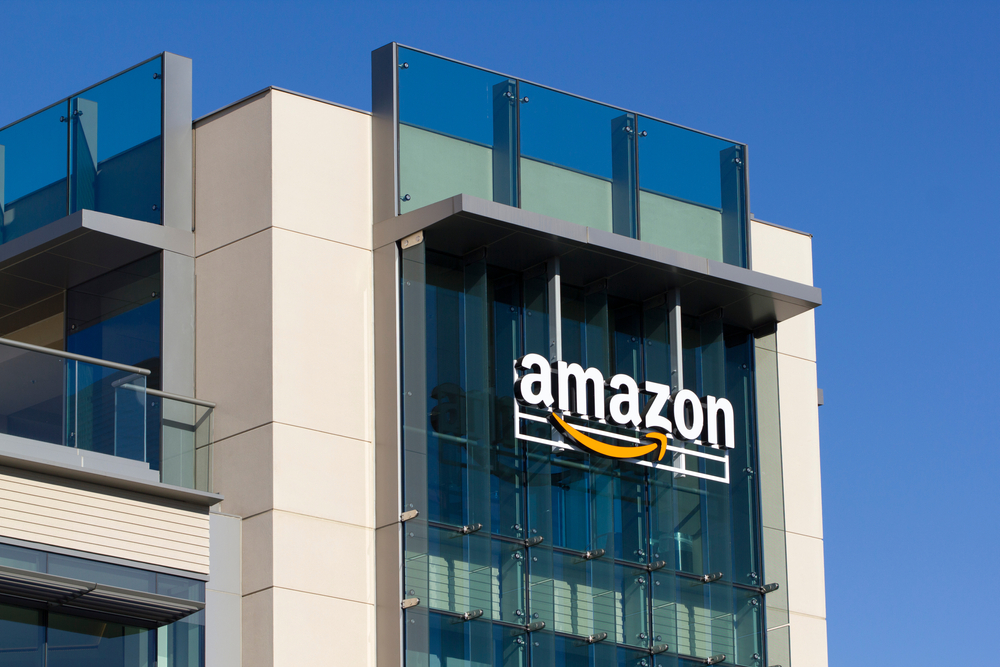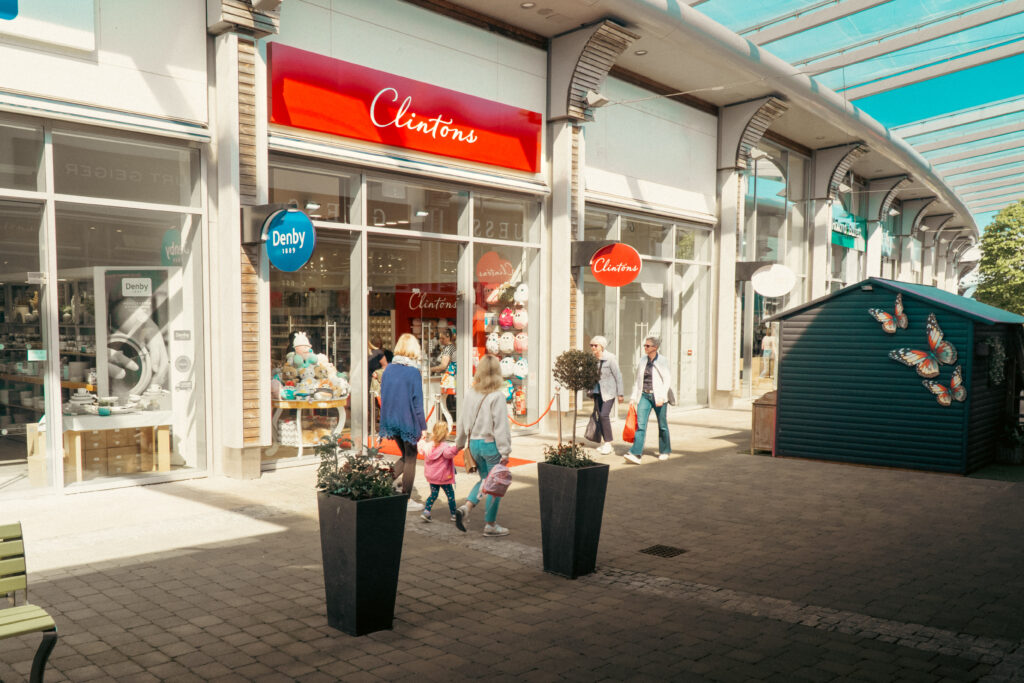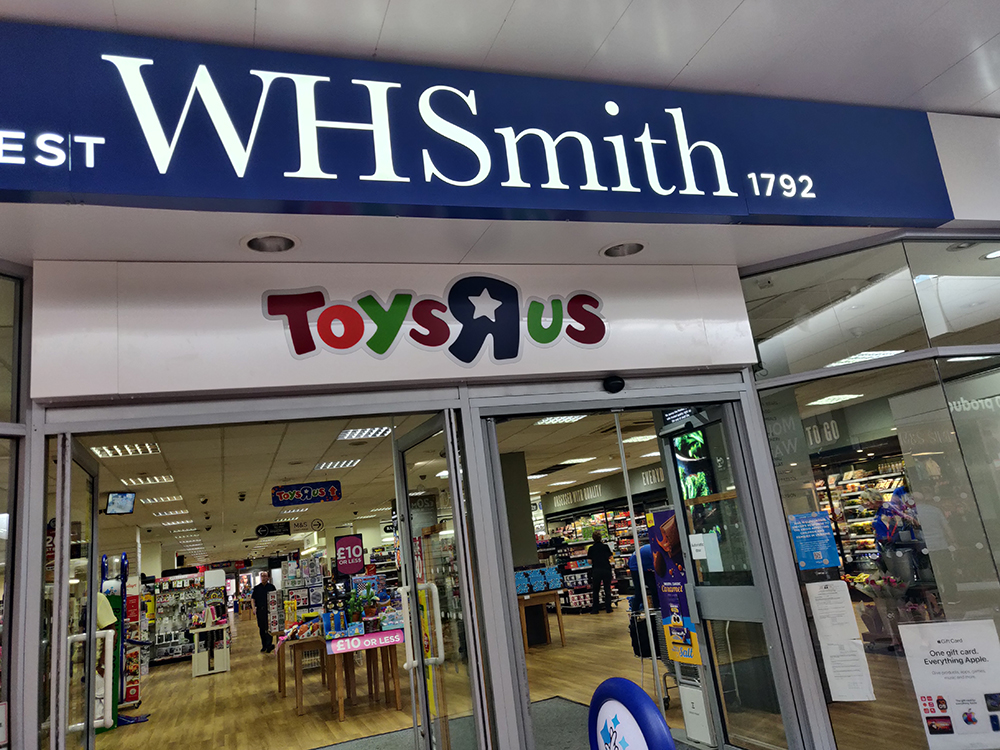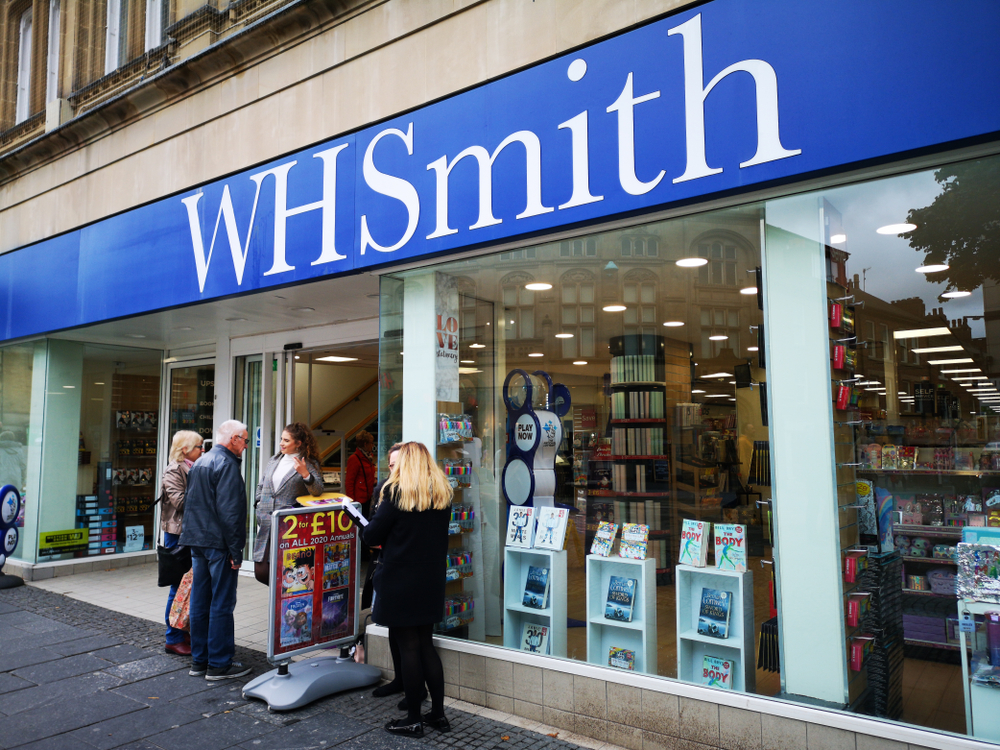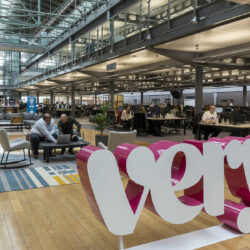Figures released today show that while overall shop prices continue to fall year-on-year, the cost of buying food continues to become more expensive thanks to inflation.
However, the latest BRC-Nielsen Shop Price Index may indicate that there was an overall deflation of 0.4 per cent in May compared to 0.5 per cent fall in April, this is the slowest drop since November 2013.
Food inflation went up by 1.4 per cent in May compared to the 0.9 per cent rise in April, mainly thanks to a steep increase from ambient food inflation, which went up 1.8 per cent in May compared to the 0.8 per cent rise in April.
On the other hand, fresh food inflation was 1.2 per cent in May, up from one per cent in April.
Meanwhile, non-food deflation deepened with prices falling 1.5 per cent in May compared to the 1.4 per cent decline in April.
“Overall prices continue to fall year-on-year, albeit now at the slowest rate since November 2013,” British Retail Consortium (BRC) chief executive Helen Dickinson said.
“However the trends for food and non-food are now two quite different stories.
READ MORE: Fresh food prices continue to rise
“With shorter stock turnaround times, the impact of the weaker pound has already started feeding through into food prices; although food price inflation this month is still well below the input cost price increases being faced by retailers.
“By contrast, heavy discounting in the wake of a weak start to the year and the fact that some businesses are still protected by hedging contracts are keeping non-food prices deflationary for now.
“Nevertheless, we expect the general trend of inflation to be upwards over the course of the year, which will squeeze disposable income at a time when wage growth is slowing.”
Mike Watkins, head of retailer and business insight at Nielsen, added: “Food inflation continues to move up and is currently impacting ambient foods more than fresh as the impact of currency change moves through the supply chain, but still remains lower than the increase in the consumer price index.
“Consumer expenditure on food and drink has held up well so far this year with shoppers visiting supermarkets more often to seek out savings and to find the best value for money, strategies which are helping shoppers to manage changes in their household budget.”
As three quarters of the UK’s imported food comes from the EU, Dickinson urged the new, post-election government to prioritise a continuation of tariff-free trade with the EU in the Brexit negotiations in order to protect consumer food bills from the additional cost of unwanted new tariffs.
Click here to sign up to Retail Gazette‘s free daily email newsletter

